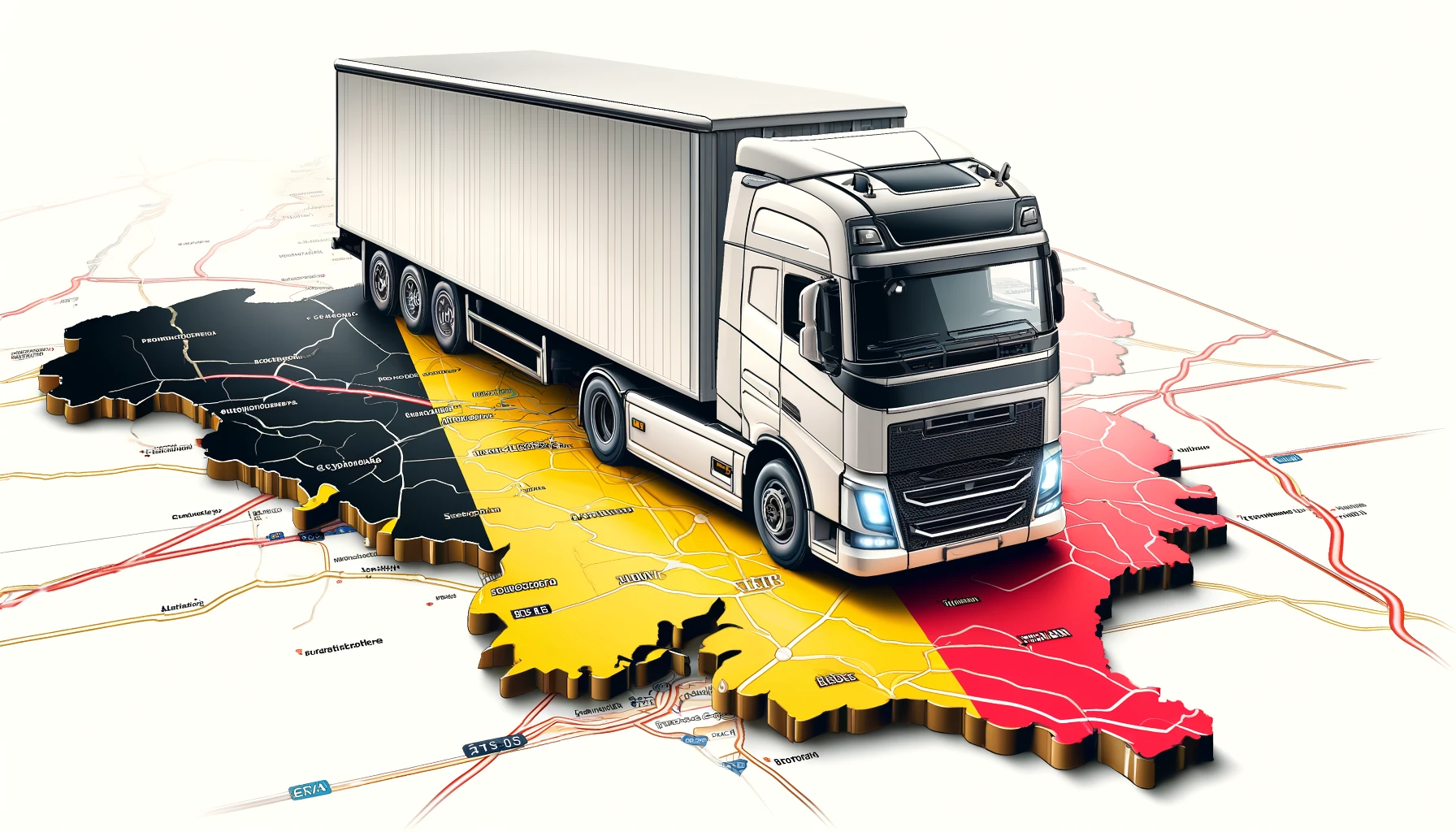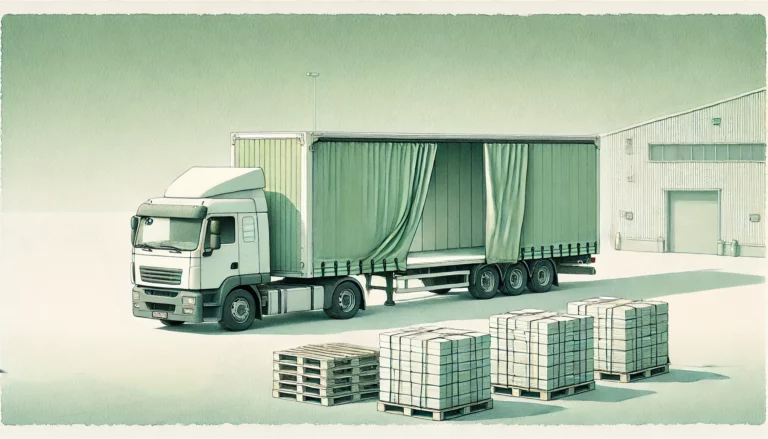Three times over: the Belgian way to transport waste

Belgium is unique in many respects, and certainly in terms of waste transport. Each of its regions - Flanders, Wallonia and Brussels - has its own rules on the subject. It is only by knowing their rules that a transport company will be able to prepare properly for transporting waste.
Contact for a waste transport permit in any region of Belgium:
e.nadolna@ekologistyka24.pl , +48 881 045 376
j.blazewicz@ekologistyka24.pl , +48 500 867 153
Similarities and differences in approach to waste transport
Flemish region, also known as Flanders
Here, special emphasis is placed on recycling and waste treatment. These regulations have resulted in a significant increase in the number of recycling companies and improvements in the efficiency of treatment processes.
The most important law governing the transport of waste in the region is the VLAREMA (Vlaams Reglement over het Duurzaam Beheer van Materiaalkringlopen en Afvalstoffen). This law imposes stringent requirements for the segregation, transport and treatment of waste, which has significantly affected the waste sector. These regulations require hauliers not only to obtain the relevant permits, but also to comply with environmental standards during transport.
Walloon region
In Wallonia, regulations are just as stringent, but more focused on the environmental aspect. The region is renowned for its strict quality controls on the waste transported. This translates directly into less waste being landfilled and more being recycled. This is a testament to how local laws can influence the shaping of a greener future.
In this region, waste management is regulated by the Act Décret relatif aux déchets. This law details the requirements for a waste permit, including the method of transport, documentation and safety measures. Wallonia is known for its strict approach to environmental protection, which translates into higher standards of waste treatment.
Brussels
Waste management in Brussels focuses on segregation, recycling and waste minimisation. This is key to keeping the city clean and sustainable. The region is also investing in modern waste treatment technologies. These include plants for converting organic waste into compost and incinerators with energy recovery.
Waste transport regulations govern here "Ordonnance relative aux déchets". This law emphasises logistical efficiency and minimising the impact of waste transport on urban infrastructure. This is crucial in the context of the region's limited space and high population density.
Belgian waste management in statistics
Flanders has achieved considerable success in waste management. Statistics show higher recycling rates (64% in 2017) compared to other Belgian regions. The region also met ambitious targets for maximum municipal waste generation. In 2018, they were 502kg per person, reaching the targets much earlier than planned. Flanders is also a leader in the implementation of closed-loop economy initiatives. This indicates its proactive approach to sustainability and waste minimisation.
Wallonia has also taken concrete steps to improve the efficiency of its waste management, achieving a separate collection target of 65% of household waste as early as 2008. The region also achieved a high waste treatment rate of 96% in 2015. However, Wallonia places a stronger emphasis on the treatment of industrial waste. This is evident in the achievement of 85% recycling and recovery rate for this type of waste.
Brussels region, although achieving similar recycling rates to Wallonia (43% in 2017), is implementing various strategies to reduce waste generation and reuse. The Waste Prevention and Management Plan for the Brussels Region, which was in place until 2017, aimed to significantly reduce the production of domestic waste. Brussels is also promoting initiatives related to the circular economy, such as increasing the repair and reuse of electronic and electrical appliances.
Permit to transport waste in Belgium
In terms of obtaining a waste transport permit, Belgium is characterised by a regional approach to the issue. Each of the three autonomous regions - Flanders, Wallonia, and Brussels - has its own regulations and requirements that must be met in order to obtain the necessary permits to transport waste. Unfortunately, there is no universal permit to transport waste throughout Belgium. This poses quite a challenge for companies operating in different parts of the country.
In addition, the language barrier can be a significant impediment, especially in the context of Wallonia and Brussels, where official documents and communication may be in French and, in the Flemish Region, in Dutch. Therefore, in situations where the process of obtaining the relevant waste transport authorisations may seem complicated or where specific knowledge of local regulations is required, it is recommended to the use of experienced advisors. With almost a decade of experience in helping companies obtain waste transport permits in Europe, Ecologistics24 offers its services in guiding them through the complex administrative process. With their help, companies can focus on their core business, confident that all the paperwork will be dealt with in accordance with current legislation.






